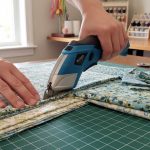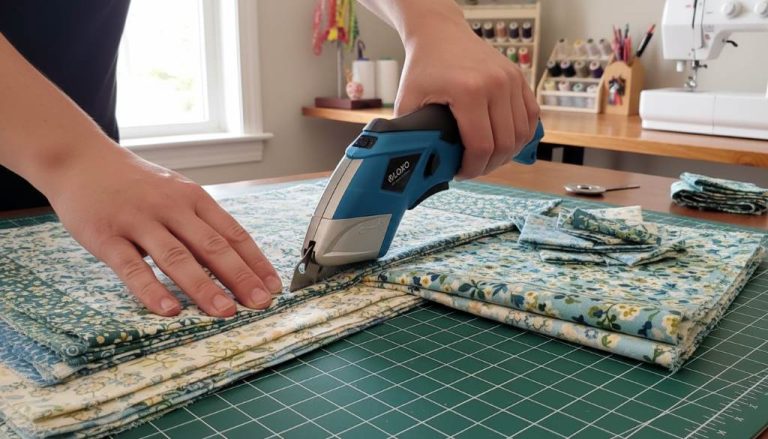Overprotective parenting has its origin in that all parents and mothers want the best for our children. The great majority of us look after their safety and well-being, we strive to have a good education and we try to avoid any kind of suffering if it is in our hands.
It is normal and natural to protect our little ones, something innate. The problem arises when the concern for not running any risk or failure is excessive.
It is obvious that when they are born and until they are old enough to take care of themselves, our children need protection and care, but also independence and autonomy. Most cases of overprotective parenting stem from the commendable intention of seeking the best for the children, but most of these parents also do not see the negative effects of this type of parenting. Many of these overprotective parents believe and think that if their children do not achieve the goals or supposedly fail in something is their fault and therefore run to solve all their problems, whether personal, academic or social …

But in a society like the one we live in, which values independence, this type of overprotective upbringing could impede the development of this prized quality, as some experts warn us. As we said, children need attention, pampering and care but also independence and autonomy and parents must learn to give it. How? Allowing them to sometimes fall to the floor, wet the bathroom when they wash their hands, get dirty when they eat, … We must learn not to intervene in all the problematic or difficult situations that arise for our children, since In this way is how we learn, otherwise we prevent their maturation development.
Check This Out: Live A Healthy Life With Low Costs
What can cause parents to become overprotective?

Some causes of overprotection can be:
- Birth of a very desired child.
- Disease of the small.
- Personality of parents.
An overprotected child is one that his parents continue to do everything when he is already old enough to do it alone, such as:
- They continue feeding him,
- They still wear and wear
- They continue to accompany him to the bathroom, …
Overprotective parents continue to do everything when the child is perfectly trained to do it alone.
It is also a sign of overprotection the high tolerance to many demands and demands that the child shows but instead, is not allowed to go out on the street because it is cold or never invited to colleagues or friends of the school why none of them Is good enough.
Check This Out: Benefits Of Living In A Smart Home
Consequences in children of an overprotective parenting style
Children who grow up with this overprotective parenting usually:
- Learn to be dependent on your parents
- They have more difficulty learning to take responsibility for their lives and problems,
- They are more fearful
- They show immature attitudes.
- With little tolerance for frustration,
- They tend to be shy and withdrawn, with low self-esteem,
- Consequently, they are usually children with few friends.
Some guidelines to avoid falling into overprotective parenting.

- Let our child experience, learn for himself.
- Do not intervene in every little problem or difficulty that is presented to you. Let it walk and run through the park, if it falls we must not distress ourselves, all the children are beaten.
- Do not cut learning. If your child wants to start eating alone, offer a spoon and a large bib to eat. Getting dirty is normal, then we will clean, the most important thing is to learn to eat alone and feel good to do so.
- Encourage her to play with other children without our constant presence. Allow it to move away from us to play freely. Never go too far, try it.
- Encourage you to establish emotional bonds with other people apart from us.
- Do not harass him, not be all day over asking and controlling.
- Allow them to grow and develop at their own pace, to be respectful of their way of doing and learning.
- Encourage autonomy. We must teach them to do things on their own, learn to dress and put on their shoes, wash their faces … in the end habits of autonomy that give them increasing independence and strengthens their self-esteem. That they make their backpack to go to school when they are older, these are small examples that help the children to be more autonomous and independent.
- Foster responsibility. Offering them small responsibilities in the home, such as setting the table, picking up their breakfast plates, making their bed, … obviously within their abilities and depending on their age. You should also be responsible for your schoolwork, accompanying in learning does not mean that the parents and mothers do the duties of our children …










+ There are no comments
Add yours